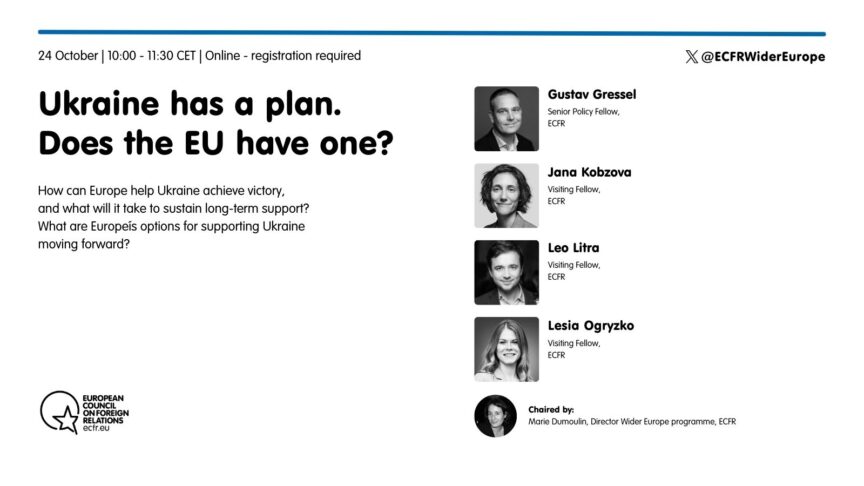
Ukraine has a plan. Does the EU have one?
Nearly three years into the full-scale war, Ukraine has shown remarkable resilience and adaptability to counter Moscow’s relentless attacks. Now, President Zelensky has unveiled Ukraine’s…

Nearly three years into the full-scale war, Ukraine has shown remarkable resilience and adaptability to counter Moscow’s relentless attacks. Now, President Zelensky has unveiled Ukraine’s…
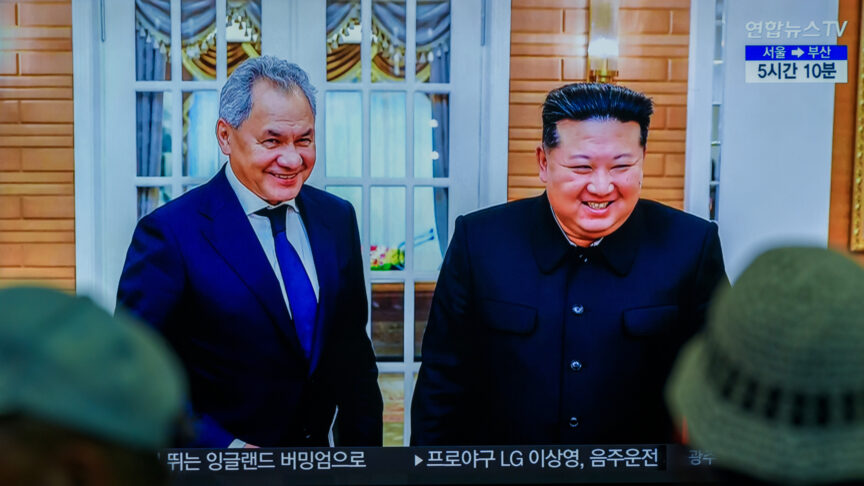
Europeans should work to understand the threats from the North Korea-Russia relationship – and deepen their security partnership with South Korea

Mark Leonard welcomes Jana Kobsova and Nicu Popescu to discuss Russia, Ukraine, and the EU’s changing response to the conflict
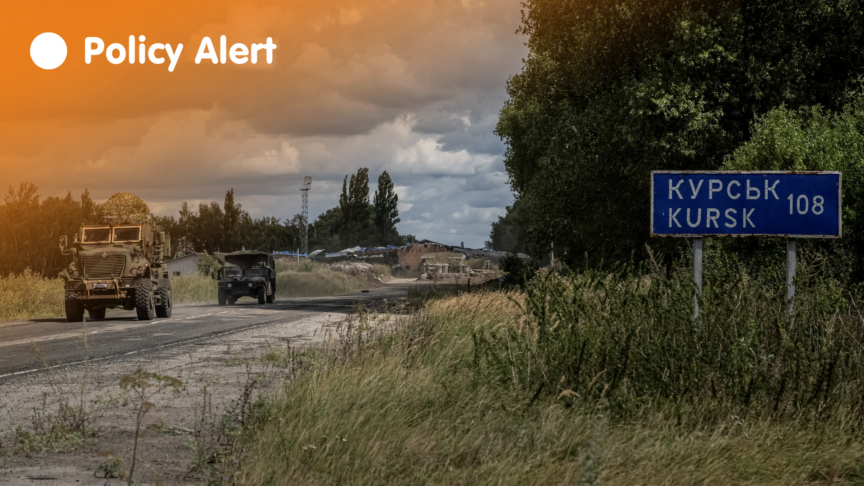
Ukraine’s audacious incursion into Russia’s Kursk region has changed the narrative of the war – and called Putin’s bluff on his so-called red lines
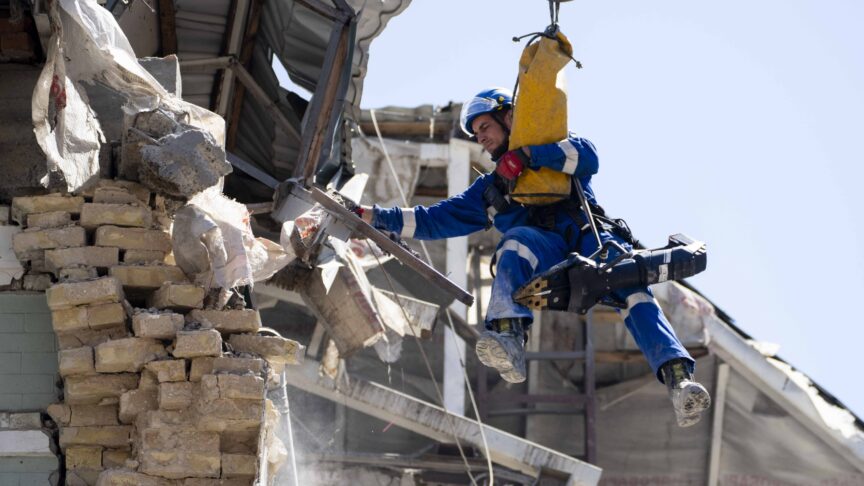
Secure air defences and freer weapons use would encourage Ukrainians to return home, protect energy supplies, and boost the economy
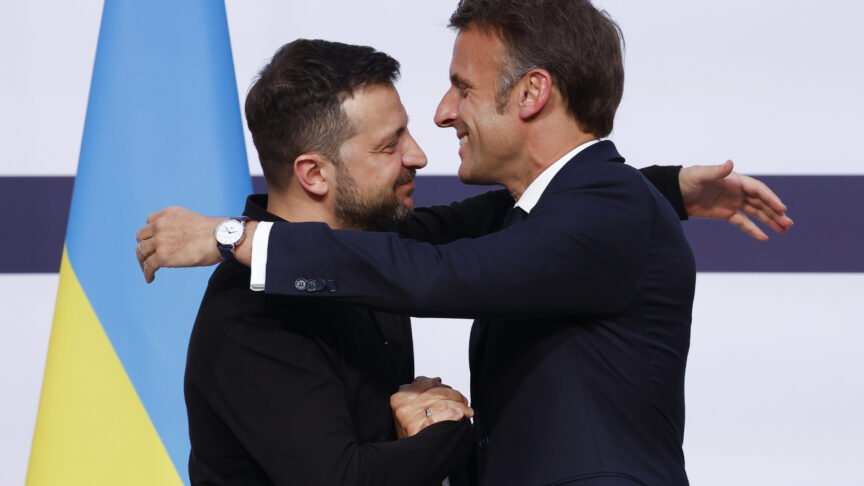
New research confirms Ukrainians’ determination to fight and Europeans’ steady support for Kyiv. But a major divide lurks beneath this appearance of unity

Accession negotiations for Ukraine and Moldova have formally begun. But four main challenges lay ahead before the EU welcomes its eastern neighbours into the bloc

The Ukrainian world heavyweight boxing champion beat back a giant opponent, but his country can’t defeat Russia on its own
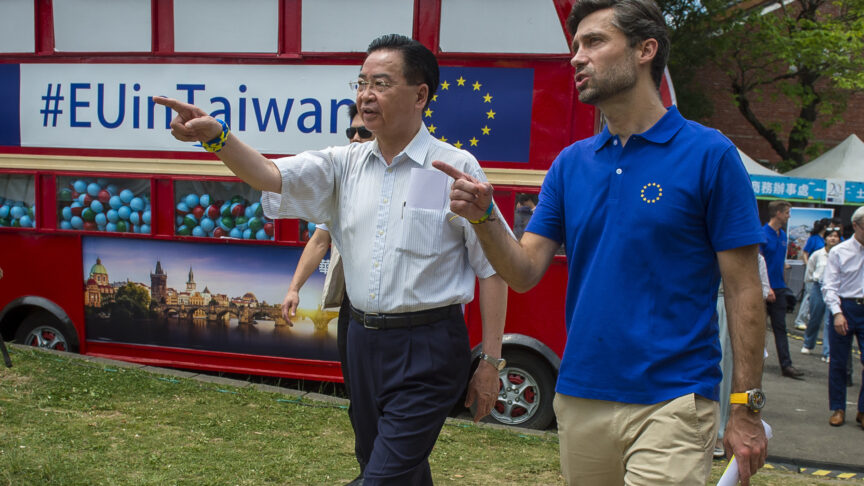
Based on the idea that Russia’s and China’s increasingly aggressive foreign policies are interrelated, Taipei is strengthening ties with central and eastern Europe
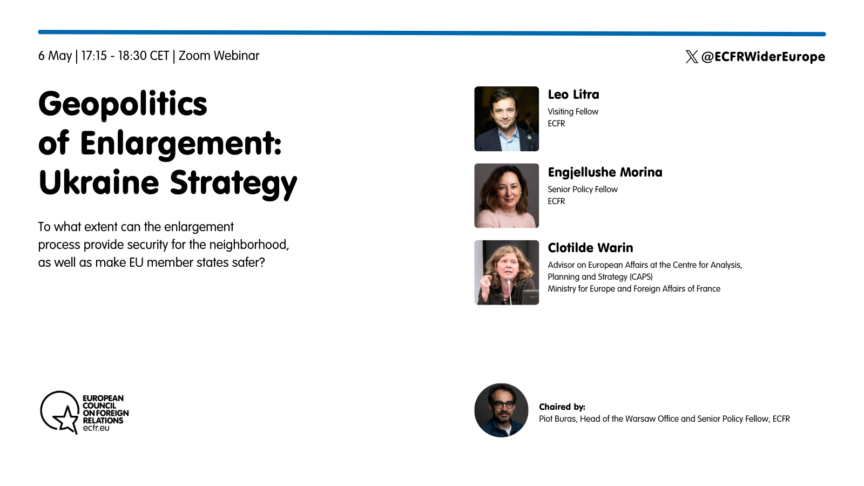
This webinar will discuss current revisions of the EU approach to enlargement policy and the security implications for Ukraine and the neighborhoods

New research confirms Ukrainians’ determination to fight and Europeans’ steady support for Kyiv. But a major divide lurks beneath this appearance of unity
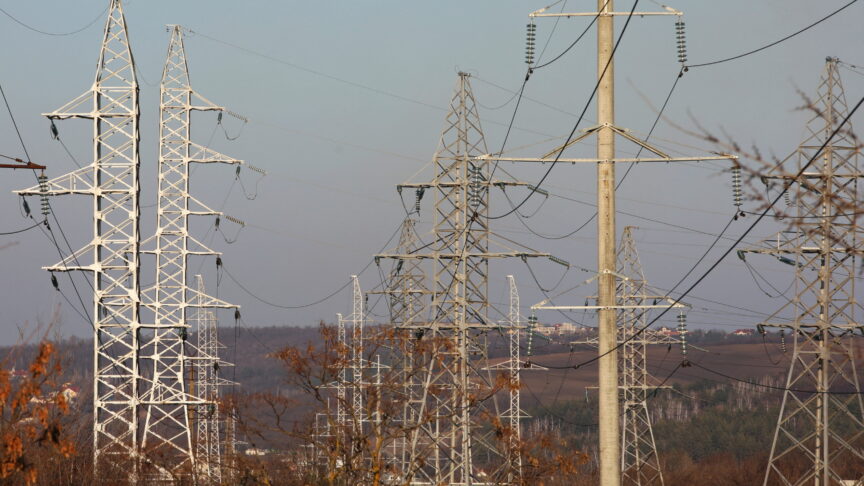
Over the past two years, the EU has helped Ukraine and Moldova to diversify away from Russian fossil fuels. This has significantly strengthened their energy sovereignty – but improving the efficiency and cleanness of their energy sectors would bring further mutual benefits
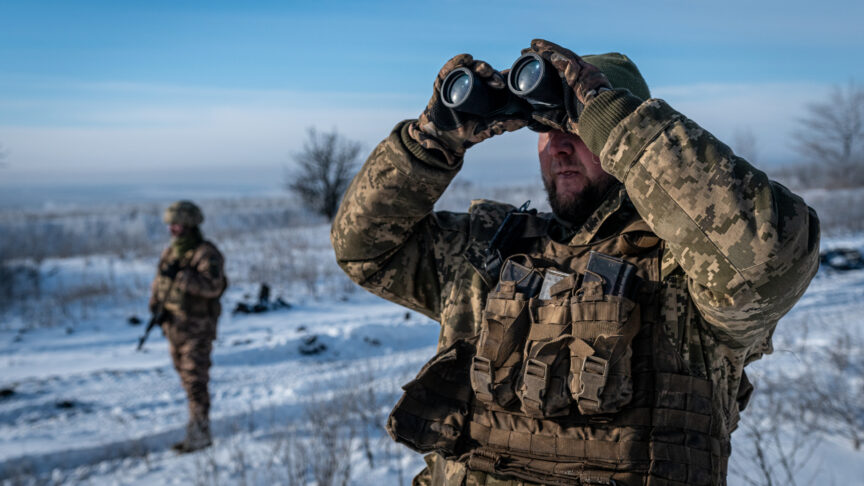
The Ukraine conflict is a war of attrition – that Russia is set to win. Europeans must act now to increase supplies, helping Ukraine not only survive, but prevail
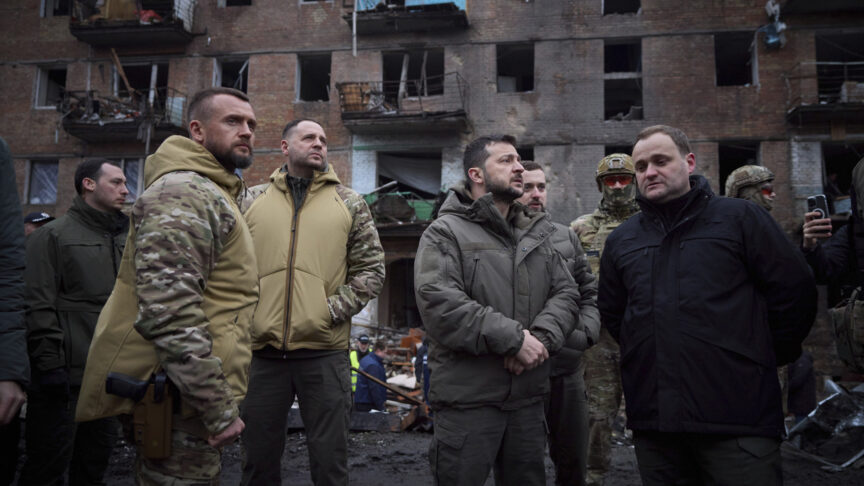
No clear postwar situation is likely to emerge in Ukraine. The country’s EU partners will have to help it reform during wartime
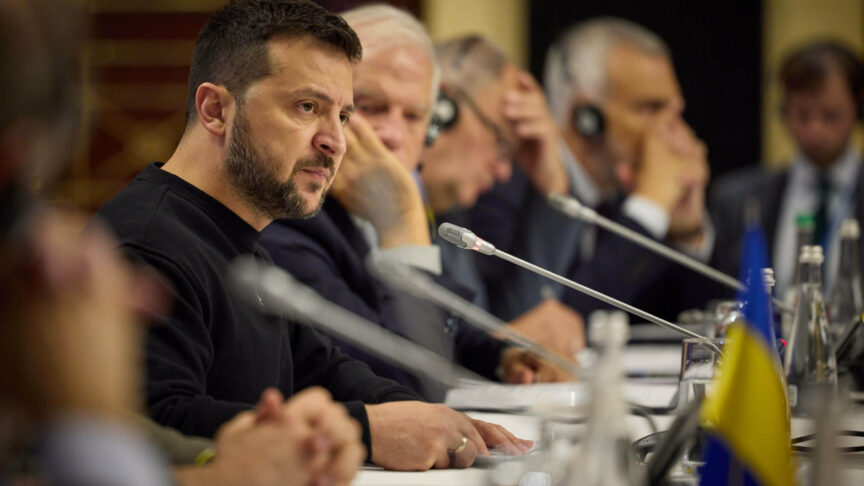
The EU and its member states need to make an urgent commitment to Ukraine’s security and long-term commitment to its European future. If they do not, they risk alienating the very Ukrainians they seek to support
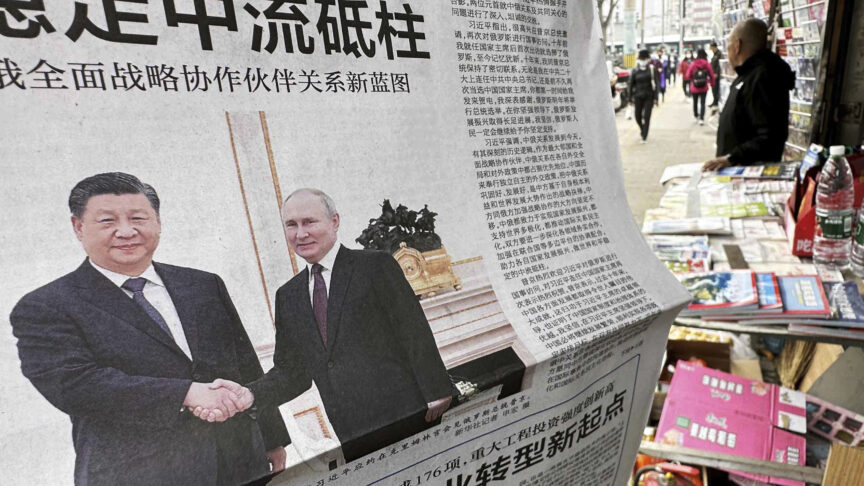
Chinese thinkers are drawing four key lessons from Russia’s war on Ukraine, informing their views on: America, Russia, Taiwan, and economic interdependence with the West
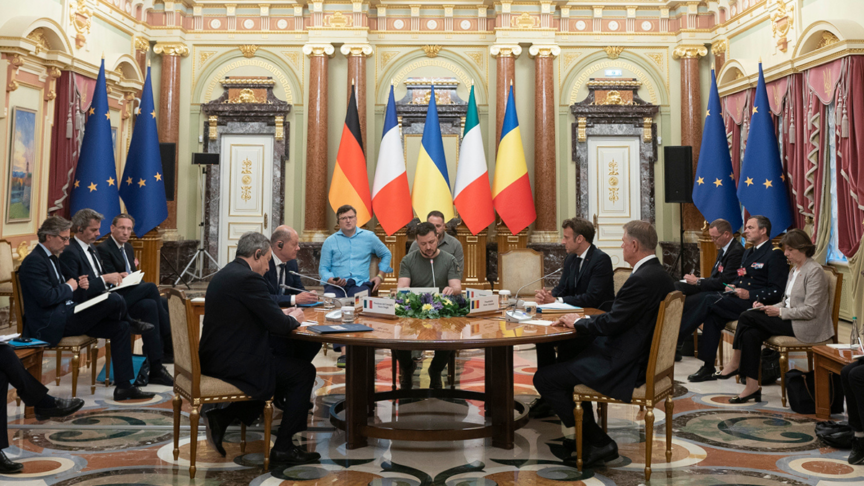
Russia’s war on Ukraine means the EU must devise a new approach to its neighbourhood. It should establish a Partnership for Enlargement that offers Ukraine and other states concrete steps towards deeper integration
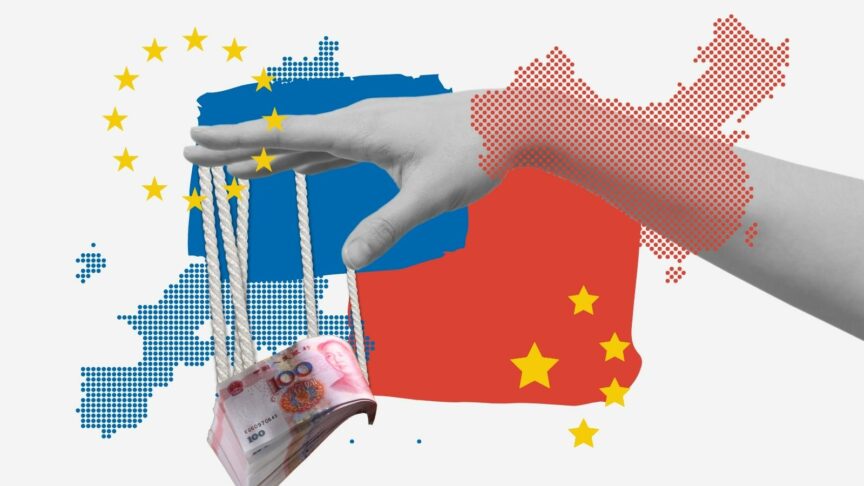
The EU needs to develop an Anti-Coercion Instrument that acts as a powerful economic deterrent, but this alone will not sufficiently protect Europe against economic coercion

Russia’s capacity to carry out large-scale military operations against Black Sea states allows it to coerce and extort them

Europeans should work to understand the threats from the North Korea-Russia relationship – and deepen their security partnership with South Korea

Ukraine’s audacious incursion into Russia’s Kursk region has changed the narrative of the war – and called Putin’s bluff on his so-called red lines

Secure air defences and freer weapons use would encourage Ukrainians to return home, protect energy supplies, and boost the economy

Accession negotiations for Ukraine and Moldova have formally begun. But four main challenges lay ahead before the EU welcomes its eastern neighbours into the bloc

The Ukrainian world heavyweight boxing champion beat back a giant opponent, but his country can’t defeat Russia on its own

Based on the idea that Russia’s and China’s increasingly aggressive foreign policies are interrelated, Taipei is strengthening ties with central and eastern Europe
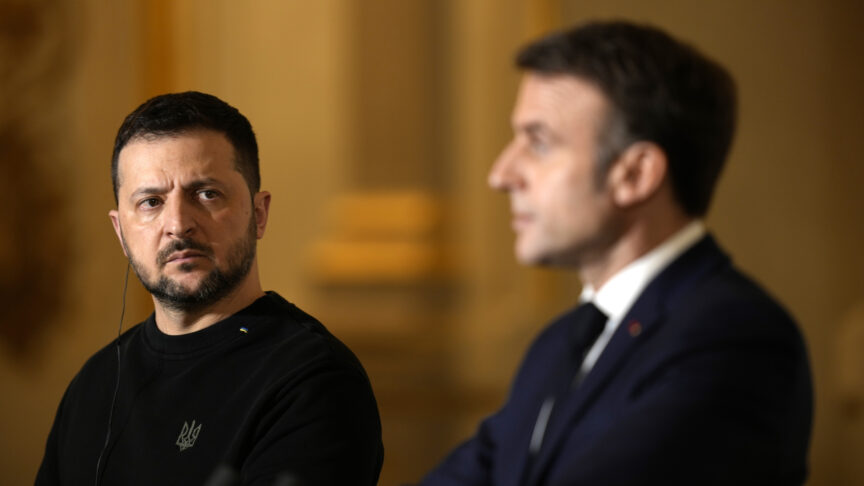
Bilateral security agreements send a clear and important signal of allies’ support for Ukraine. But to avoid hurting Ukraine in the long run, it is important to be clear about their limitations

That EU enlargement is a geopolitical imperative is no longer in doubt. But to make enlargement happen, the EU may need to decouple bilateral disputes from the accession process
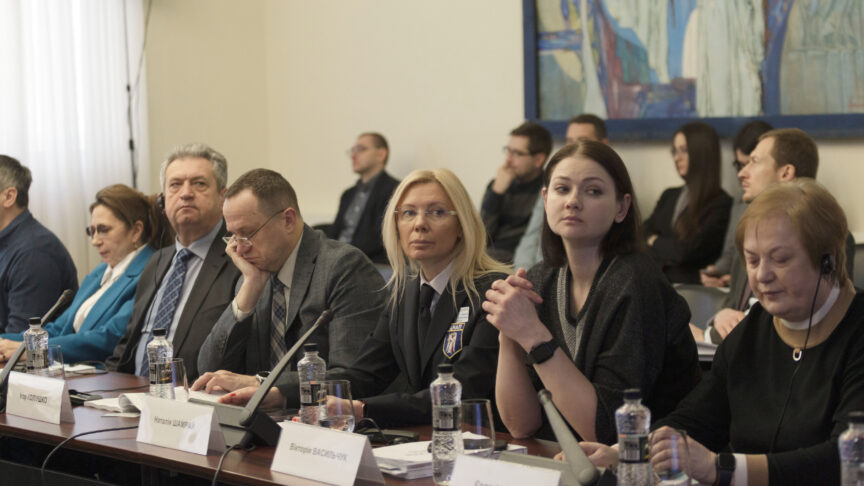
Away from Ukraine’s frontlines, its civil servants are leading the country towards EU membership – but huge reforms are needed if they are to be successful

Alexei Navalny’s funeral and this weekend’s so-called election show us two Russias. Support the better one

Mark Leonard welcomes Jana Kobsova and Nicu Popescu to discuss Russia, Ukraine, and the EU’s changing response to the conflict
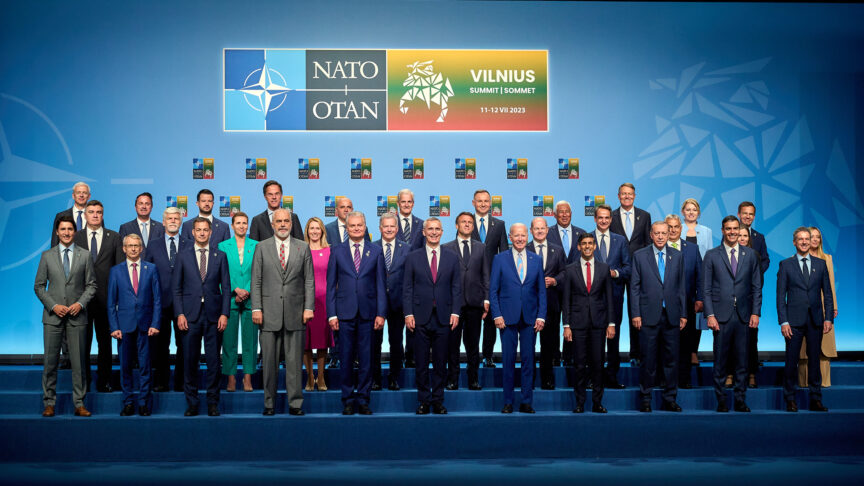
Mark Leonard is joined by Alex Stubb, Lykke Friis, and Camille Grand, to discuss the outcomes of the NATO summit in Vilnius.
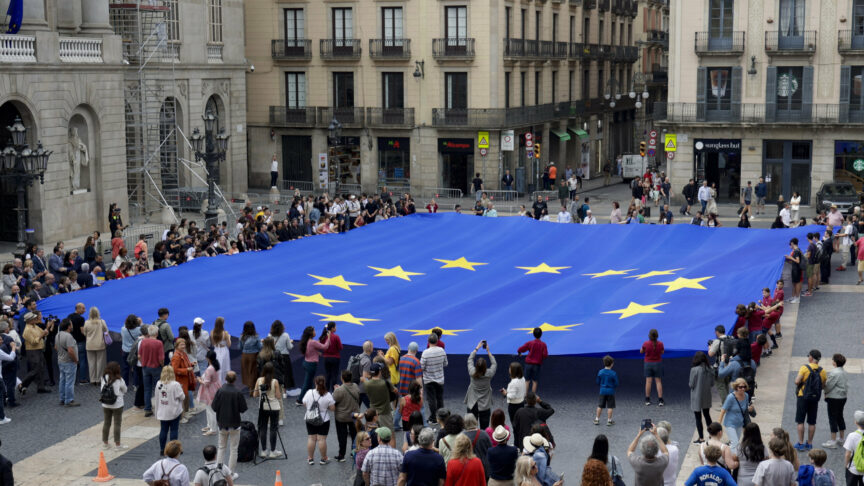
Mark Leonard welcomes the heads of ECFR’s national offices to discuss key players outside the traditional halls of European power
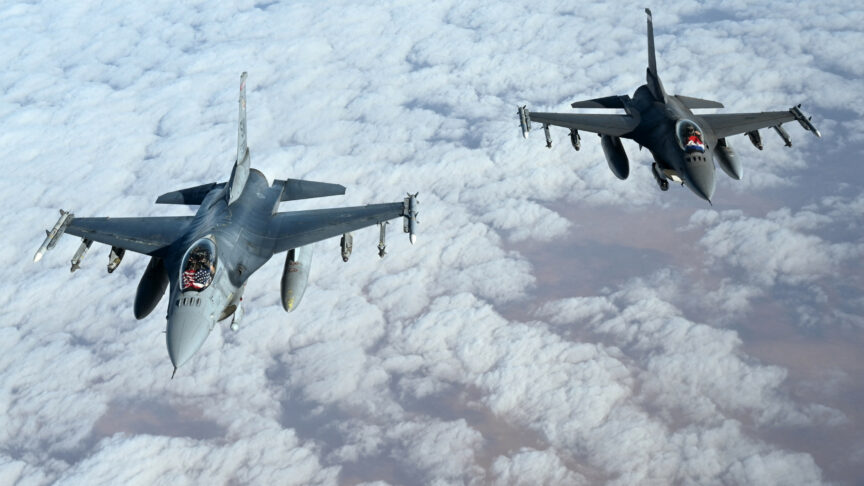
Mark Leonard is joined by Gustav Gressel to talk about sending fighter jets to Ukraine
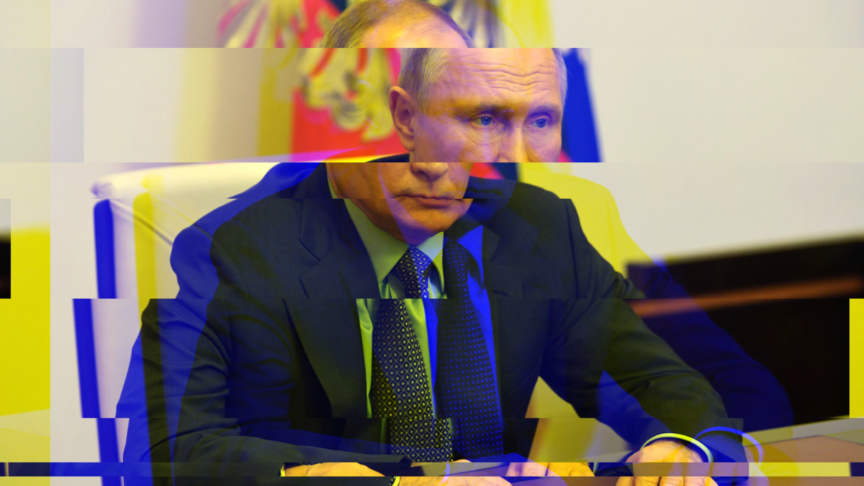
As the situation at the Ukrainian border escalates, Mark Leonard and his guests talk about the recent developments and the state of play at the ground
It came as a surprise when Russia’s government resigned just hours after Putin’s announced his plans for a possible referendum of constitutional changes. Host Mark…
Standing in for regular host Mark Leonard, Anthony Dworkin, senior policy fellow at ECFR, looks at Europe's Eastern neighbourhood and interaction with Russia. He is…
Podcast de notre débat du 21 mai « Ukraine Under President Zelensky » en présence de Victor Andruziv, directeur de l’Ukrainian Institute for…
Jeremy Shapiro is standing in for the regular host Mark Leonard and discusses the current situation in Crimea and relations between Russia and Ukraine with…
Mark Leonard speaks with Andrew Wilson, Kadri Liik and Nicu Popescu about the Kerch Strait ship capture, what this means and how the international community…

Nearly three years into the full-scale war, Ukraine has shown remarkable resilience and adaptability to counter Moscow’s relentless attacks. Now, President Zelensky has unveiled Ukraine’s…

This webinar will discuss current revisions of the EU approach to enlargement policy and the security implications for Ukraine and the neighborhoods
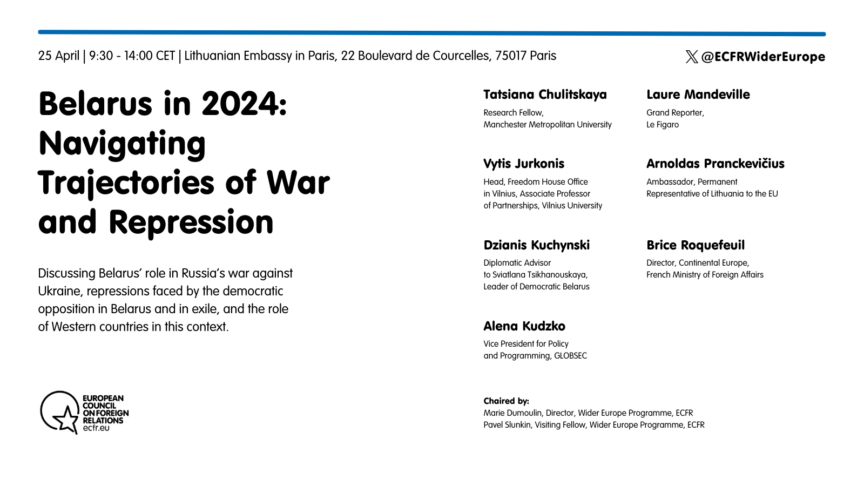
This event will discuss Belarus’ role in Russia’s war against Ukraine and the repressions and threats faced by the democratic opposition in Belarus and in exile. It will also explore possible actions by Western countries in this context
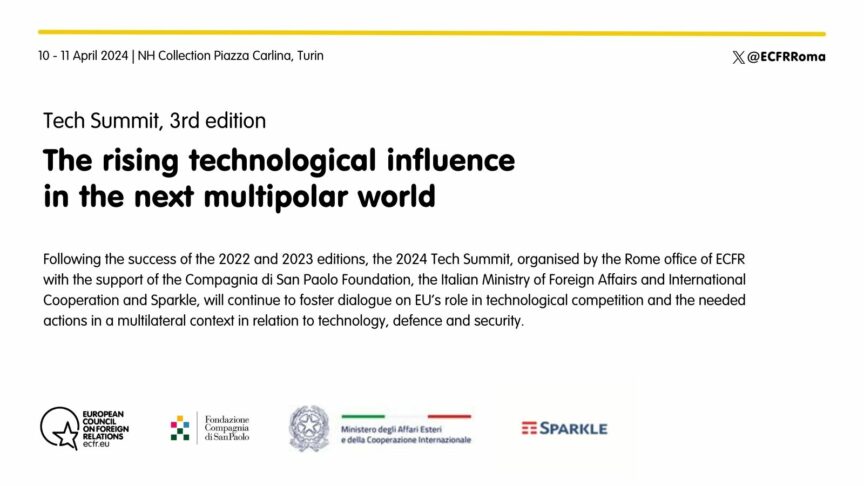
Following the success of the 2022 and 2023 editions, the 2024 Tech Summit will continue to foster dialogue on EU’s role in technological competition and the needed actions in a multilateral context in relation to technology, defence and security
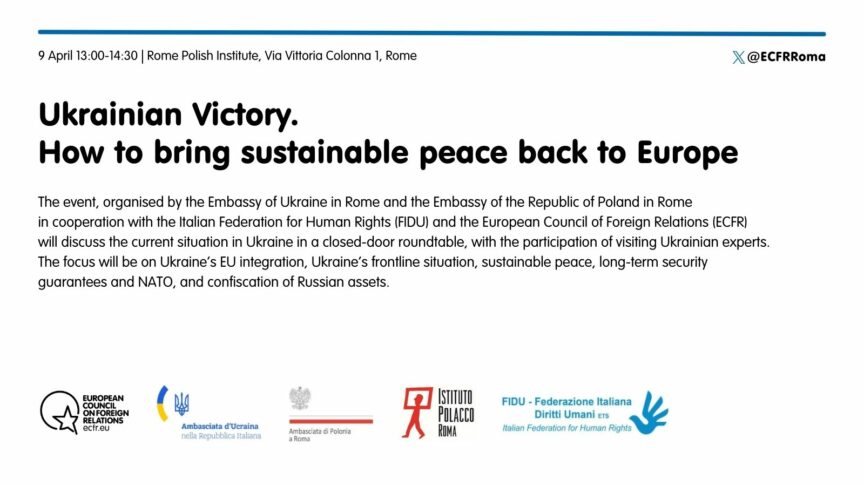
The event, organised by the Embassy of Ukraine in Rome and the Embassy of the Republic of Poland in Rome in cooperation with the Italian Federation for Human Rights (FIDU) and the European Council on Foreign Relations (ECFR) will discuss the current situation in Ukraine in a closed-door roundtable, with the participation of visiting Ukrainian experts
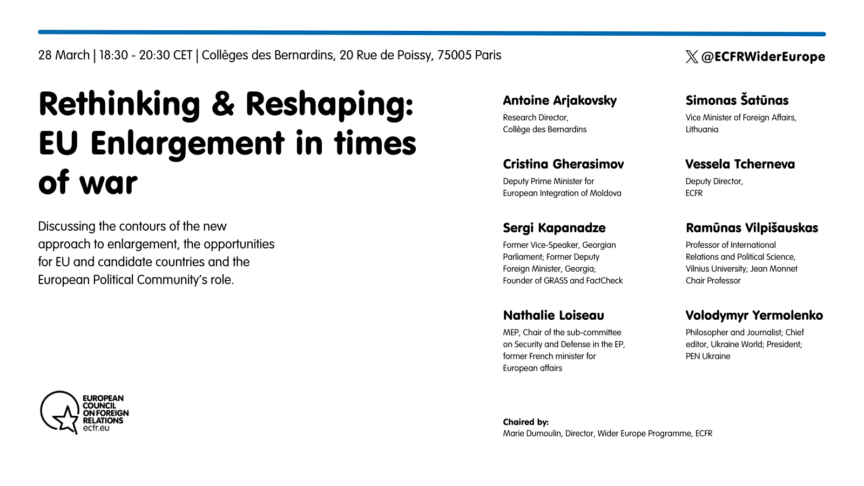
Russia’s war against Ukraine has prompted European policymakers to rethink their approach to enlargement. What form does this new approach take, what are the opportunities for EU and candidate countries, and what is the European Political Community’s role?
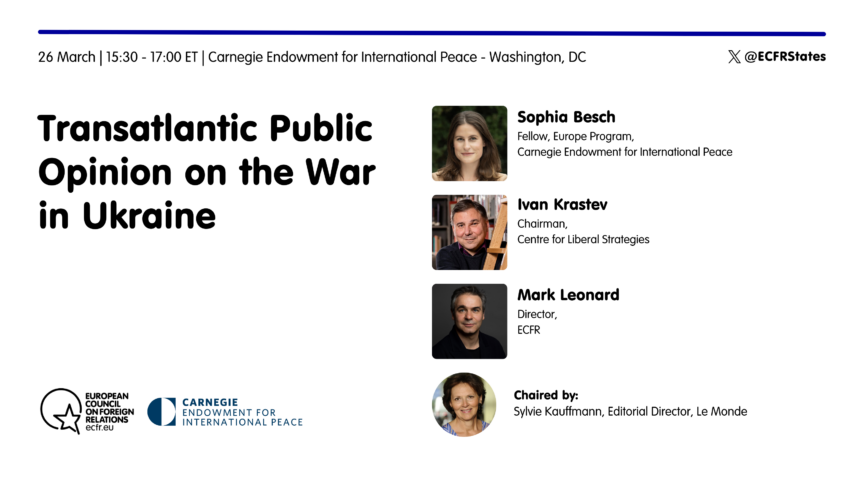
In celebration of the opening of the ECFR Washington office, this public panel will look at the state of public opinion on the war in…
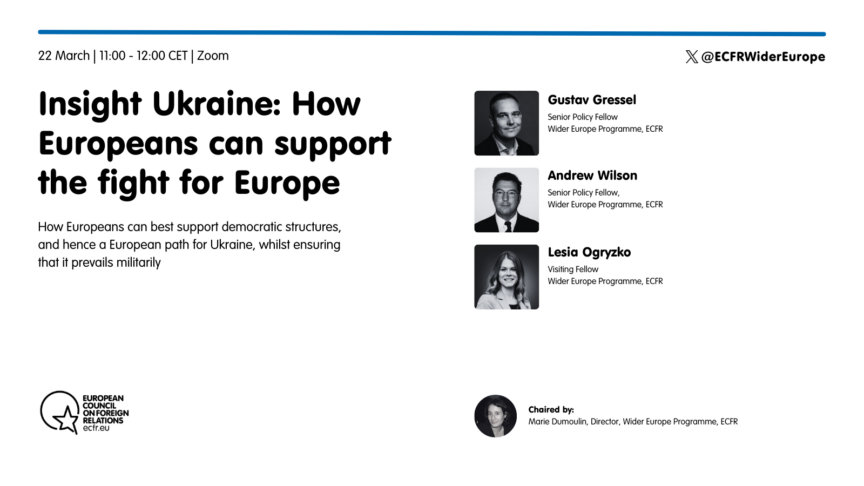
In challenging times for Ukraine, despite public appraisals following the second anniversary of the Russian invasion of Ukraine and the ten-year mark of the Russian…
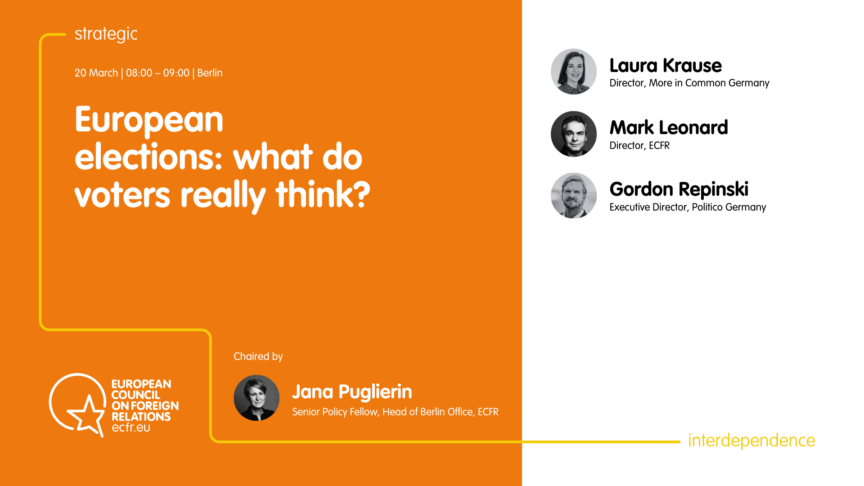
A new opinion poll and four-part strategy on how mainstream parties can campaign to resonate with pro-European voters
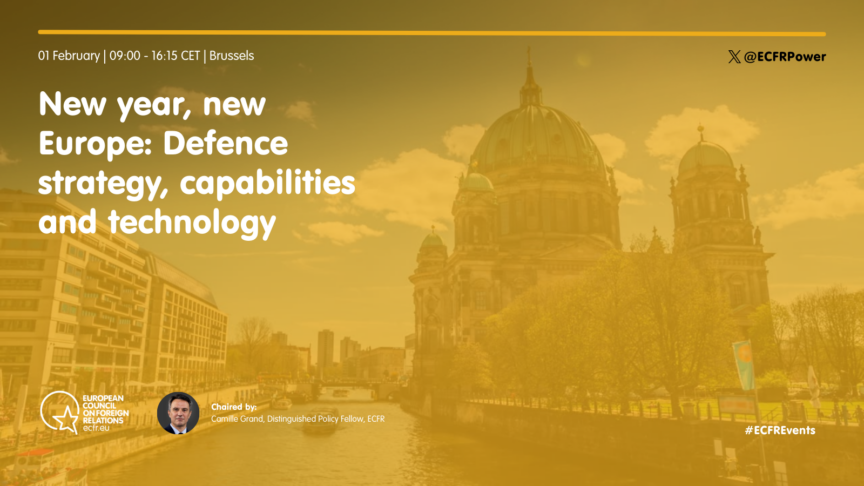
In NATO’s 75th anniversary year, ahead of a new EU institutional cycle in late 2024, we are delighted to present New year, new Europe: Defence strategy, capabilities and technology, the inaugural event of the European Council on Foreign Relations’ new defence initiative